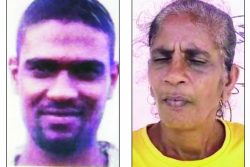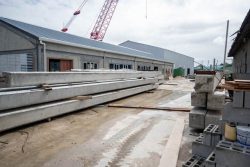CARACAS, (Reuters) – Venezuelan President Nicolas Maduro on Monday sent some 3,000 troops into the streets of the capital of Caracas to crack down on rampant crime that has made the OPEC nation one of the most dangerous in the world.
The “Secure Fatherland” plan is a new effort to lower violent crime following close to 20 similar attempts during the 14-year rule of late socialist leader Hugo Chavez.
“Our armed forces are taking the streets to protect the people,” Maduro said in a speech to military police and troops that was carried live on state television.
“I call on you to serve your country. It must be more than just patrolling. It must a commitment of conscience, passion, and love.”
The plan will create around 500 checkpoints in the coming months around the city. Some 9,000 new police officers currently in training and some 1,600 National Guard officers will later join the program.
The opposition has called it yet another half-baked attempt to crack down on crime, which has become the top concern for Venezuelans of all walks of life.
Official figures show that more than 16,000 people were killed in Venezuela in 2012, an increase of 14 percent from the year before and a murder rate of 55.2 per 100,000 inhabitants, one of the highest in the world. Close to 3,4000 have been killed this year alone.
Non-governmental organizations that track violence report that the 2012 figure was actually above 21,000. The government accuses the media and the opposition of magnifying the problem and creating a “sensation of insecurity” for political gain.
One prominent human rights group criticized the new plan on the grounds that the military is trained to fight wars and to control public order, not to prevent crime.
Chavez himself was highly critical of previous governments that used the military to break up demonstrations or protests.
Hundreds and possibly thousands of people were killed when the military suppressed riots sparked by a fuel price hike in 1989, creating a lasting stigma about using troops to control civilians.






